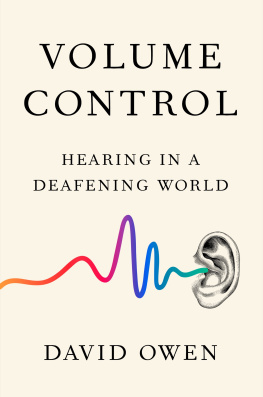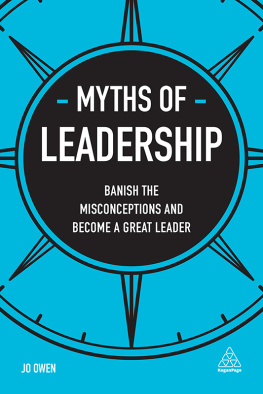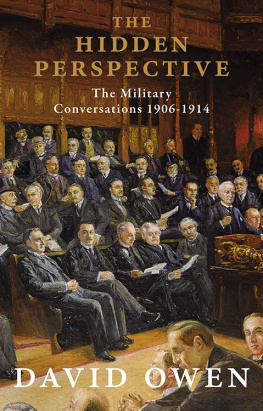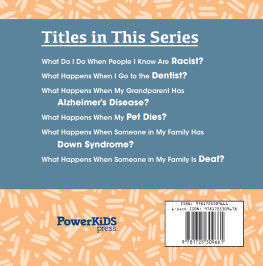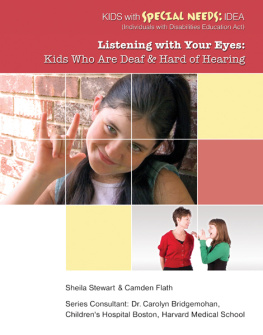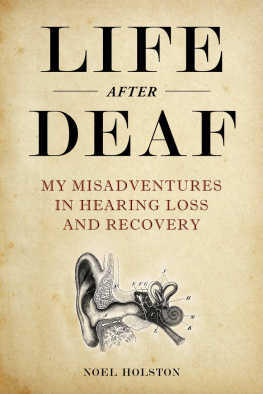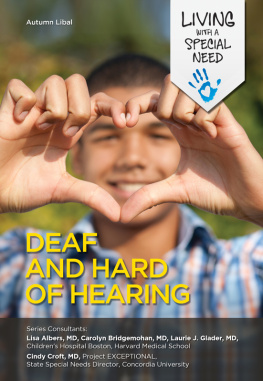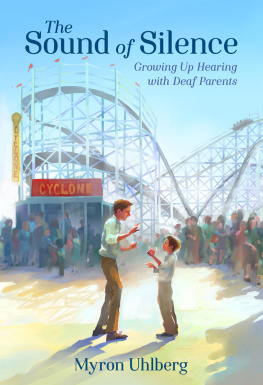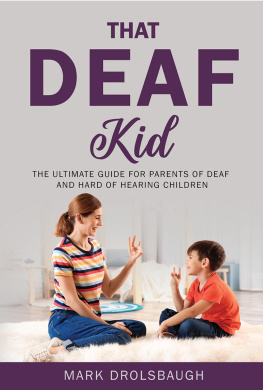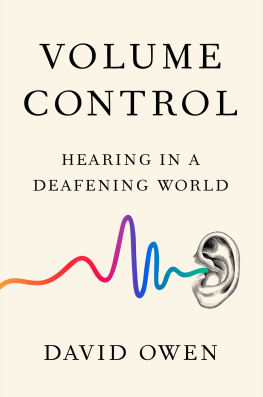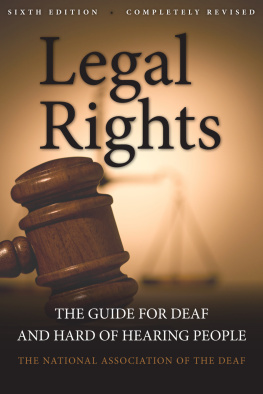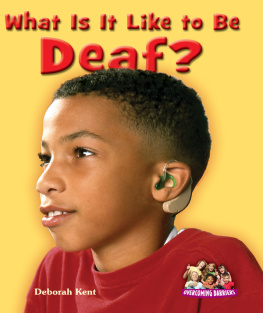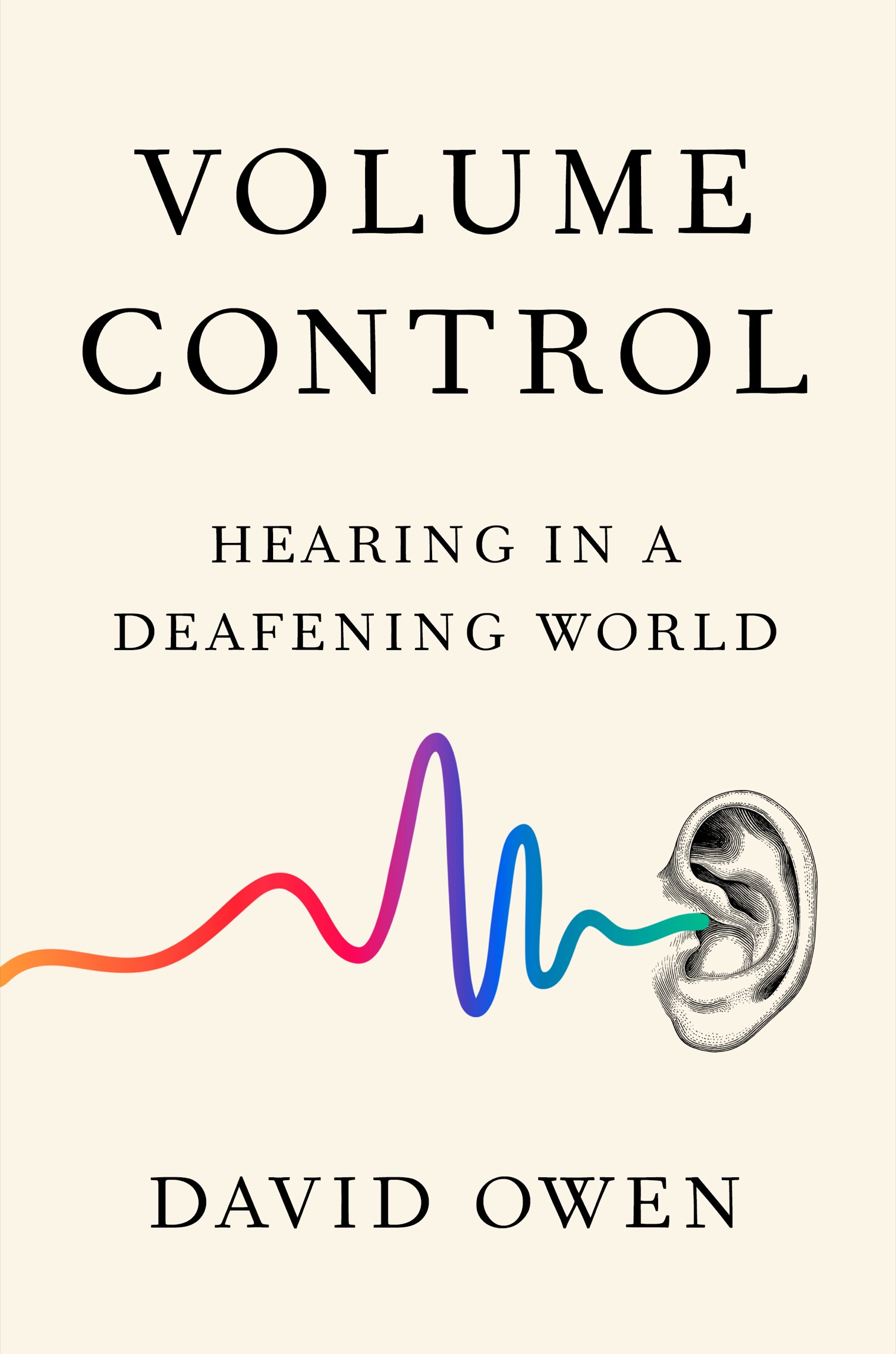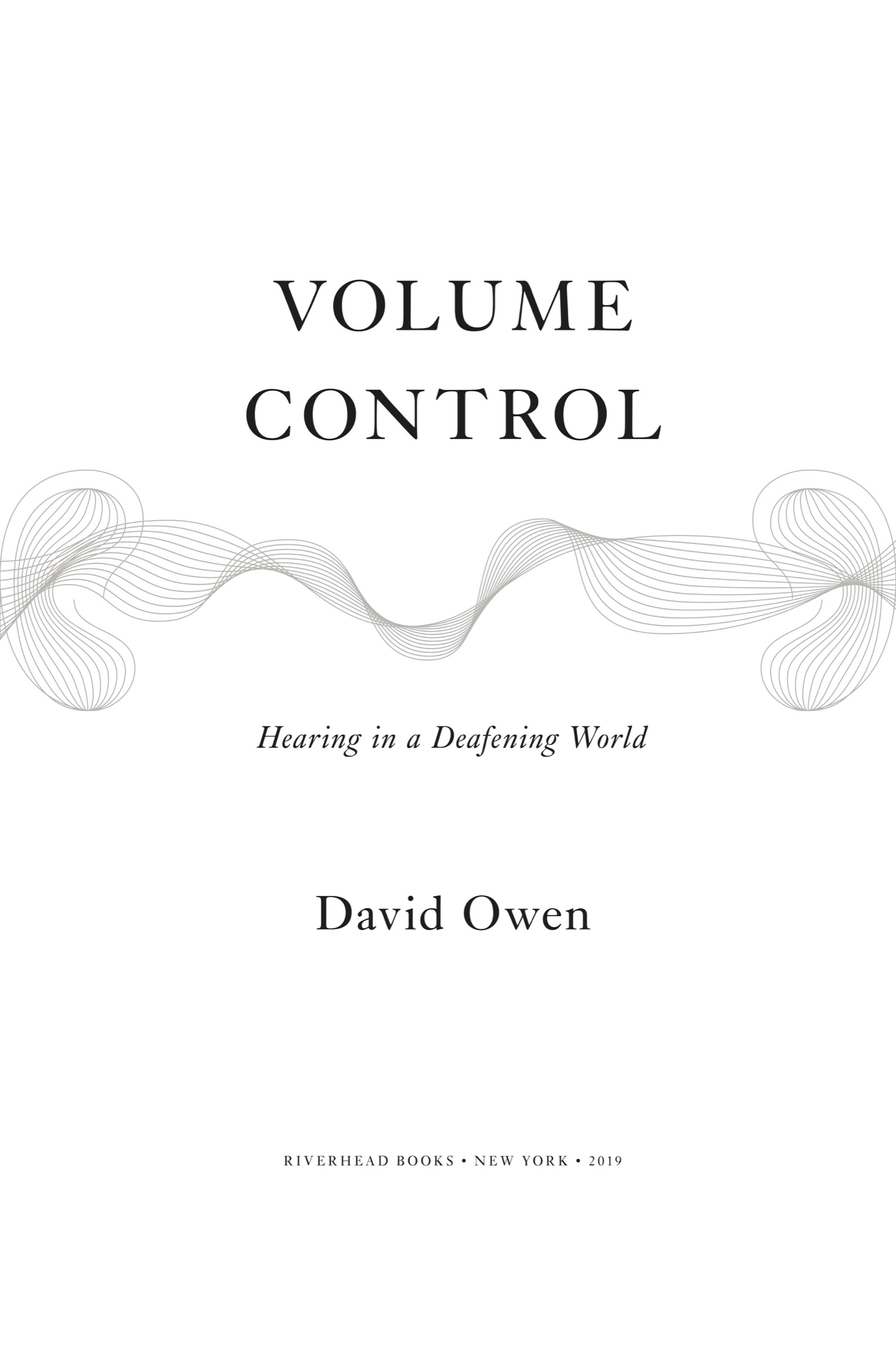ALSO BY DAVID OWEN
Where the Water Goes
The Conundrum
Green Metropolis
Sheetrock & Shellac
Copies in Seconds
The First National Bank of Dad
Hit & Hope
The Chosen One
The Making of the Masters
Around the House
(also published as Life Under a Leaky Roof)
Lure of the Links
(coeditor)
My Usual Game
The Walls Around Us
The Man Who Invented Saturday Morning
None of the Above
High School

RIVERHEAD BOOKS
An imprint of Penguin Random House LLC
penguinrandomhouse.com

Copyright 2019 by David Owen
Penguin supports copyright. Copyright fuels creativity, encourages diverse voices, promotes free speech, and creates a vibrant culture. Thank you for buying an authorized edition of this book and for complying with copyright laws by not reproducing, scanning, or distributing any part of it in any form without permission. You are supporting writers and allowing Penguin to continue to publish books for every reader.
Portions of this work have been previously published, in slightly different form, as High-Tech Hope for the Hard of Hearing (March 27, 2017) and Is Noise Pollution the Next Big Public-Health Crisis? (May 6, 2019), in The New Yorker (newyorker.com).
Library of Congress Cataloging-in-Publication Data
Names: Owen, David, 1955 author.
Title: Volume control : hearing in a deafening world / David Owen.
Description: New York : Riverhead Books, 2019. | Includes bibliographical references and index.
Identifiers: LCCN 2019000860 (print) | LCCN 2019002997 (ebook) | ISBN 9780525534242 (ebook) | ISBN 9780525534228 (hardcover)
Subjects: LCSH: Deafness. | Hearing aids.
Classification: LCC RF290 (ebook) | LCC RF290 .O94 2019 (print) | DDC 617.8dc23
LC record available at https://lccn.loc.gov/2019000860
While the author has made every effort to provide accurate internet addresses at the time of publication, neither the publisher nor the author assumes any responsibility for errors, or for changes that occur after publication. Further, the publisher does not have any control over and does not assume any responsibility for author or third-party websites or their content.
Cover design: Stephen Brayda
Cover images: (sound wave) Sri Rejeki / Shutterstock; (ear) Channarong Pherngjanda / Shutterstock
Version_1
For Ann
Contents
One
PARDON?
When my mothers mother was in her early twenties, a century ago, a suitor took her duck hunting in a rowboat on a lake near Austin, Texas, where she grew up. He steadied his shotgun by resting the barrel on her right shouldershe was sitting in the bowand when he fired he not only missed the duck but also permanently damaged her hearing, especially on that side. The loss became more severe as she got older, and by the time I was in college she was having serious trouble with telephones. (Im glad its not raining! I shouted, for the third or fourth time, while my roommates snickered.) Her deafness probably contributed to one of her many eccentricities: ending phone conversations by suddenly hanging up.
Im a grandparent myself now, and I know lots of people with hearing problems. A guy I sometimes play golf with came close to making a hole in one, then complained that no one in our foursome had complimented him on his shoteven though, a moment before, all three of us had complimented him on his shot. (We were walking behind him.) My parents-in-law, like many older people, have a hard time ignoring a ringing telephone but also a hard time hearing what callers are saying; they have turned up the volume on their kitchen telephone so high that even if youre in another room you cant help but eavesdrop. The man who cuts my wifes hair has begun wearing two hearing aids, to compensate for damage that he attributes to years of exposure to professional-quality blow-dryers. My sister has hearing aids, too. She traces her problem to repeatedly listening at maximum volume to Annes Angry and Bitter Breakup Song Playlist, which she created while going through a divorce. I know several people who seem to be hard of hearing but could probably be described more accurately as hard of listeninga condition that often coexists with deafness, or transitions into it, and makes it worse. One of my wifes grandfathers lost most of his hearing in old age, and another relative said of him, He never did listen, and now he cant hear.
My own ears ring all the timea condition called tinnitus. I blame the Chinese, because the ringing started, in 2006, at around the time I was recovering from a monthlong cold that Id contracted while breathing the filthy air in Beijing, and whose symptoms were made worse by changes in cabin pressure during the long flight home. Tinnitus is usually accompanied by hearing loss. Its said to affect forty-five million Americans, including a surprising number of people in their teens and twenties and thirtiesalthough so many of the people I talked to while working on this book told me they have it that I wouldnt be surprised if the real number is higher. The ringing in my ears is constant, high-pitched, and fairly loud, but Im usually able to ignore it unless Im lying awake in bed or, as I discovered recently, writing about tinnitus.
The National Center for Health Statistics has estimated that thirty-seven million Americans have lost some hearing. According to the National Academy of Sciences, hearing loss is, worldwide, the fifth leading cause of years lived with disability. The World Health Organization has estimated that by 2050 there will be a billion people with a disabling hearing loss. Two-thirds of Americans who are seventy or older have lost some hearing, according to various estimates. Hearing loss is also the second leading cause of service-connected disability claims made by military veterans (tinnitus is first). All this bad news is made worse by the fact that the ears youre born with are the only ears you get: a newborns inner ears are fully developed and are the same size as an adults, and, unlike taste buds and olfactory receptors, which the body constantly replenishes, the most fragile elements dont regenerate.
Hearing problems are often aggravated by the human tendency to do nothing and hope for the best, usually while pretending that everything is fine. This is the way we treat many health problems, although its not the way we typically treat threats to our other senses. People who need glasses almost always get them, and, as Lauren Dragan wrote on the website Wirecutter in 2018, If someone told you that wearing certain jeans too often might trigger permanent leg numbness, or overuse of a hot sauce would cause you to lose your ability to taste sweets, youd pay attention. Yet people who notice trouble with their ears wait more than ten years, on average, before doing anything other than saying Huh?, turning up the TV, and asking other people to speak up. I heard a joke about a man who was worried his wife was going deaf. He told his doctor, who suggested a simple test. When the man got home, he stood at the door of the kitchen, where his wife was at the stove, and asked, Honey, whats for dinner? She didnt respond, so he moved closer and asked again. She still didnt respond, so he stood directly behind her and asked one more time. She turned around and snapped, For the third time, chicken!

